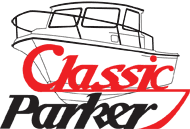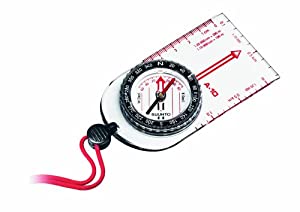rangerdog
Well-known member
Given today's state of modern communications, new motors, etc., are twins really a requirement for offshore? Talking generally the south east 10 to 30 miles max to offshore artificial reefs with. As y'all may know I am trying to gear up for my retirement to Charleston next year and while I will enjoy the inshore fishing there I really want to venture offshore when conditions are favorable. For replacing my 2320, which is a hard decion in itself, I am pretty sure I am looking at the 25 CC or maybe a 28CC.
John
John





